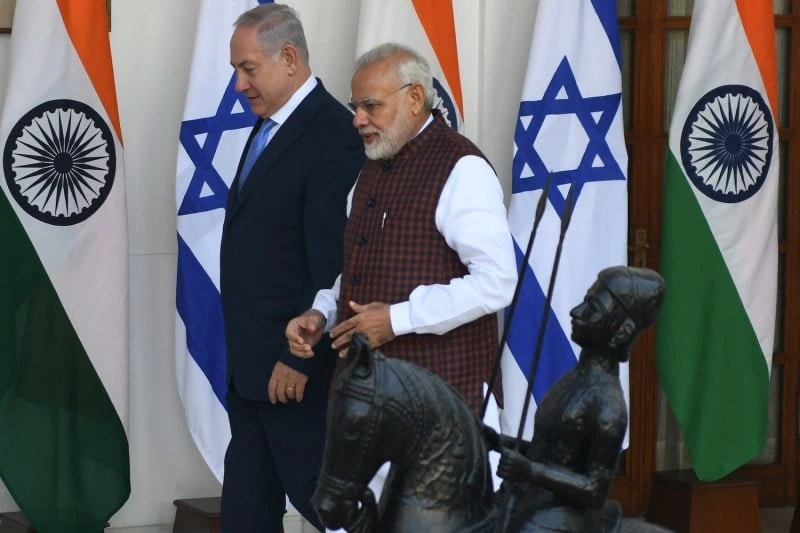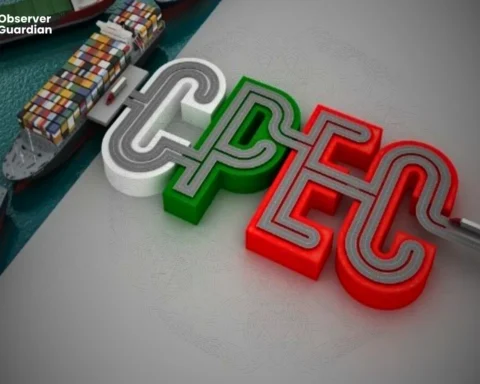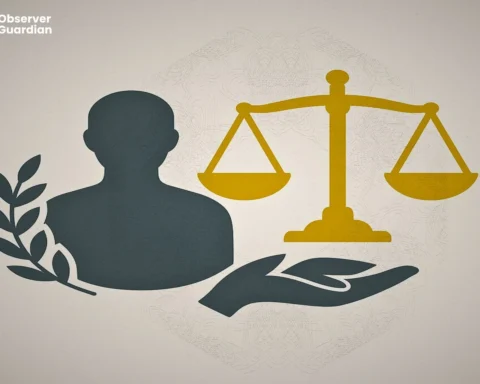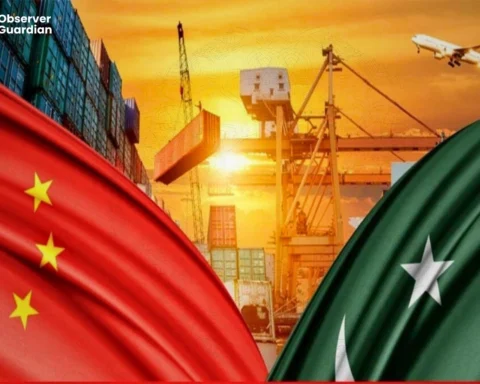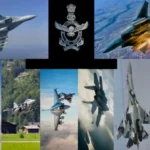The reasoned and thoughtful silence exhibited by India’s upon the bold and unlawful into Iran military attack by Israel is the mark of a troubled moment in the moral exposure of foreign policy of New Delhi a moment of reflection on moral bankruptcy which will mark the future attempts at respectable acquisitions of power in international affairs. A time was when India was the proud voice of Non-Aligned Movement and a champion of decolonized Global South and sole defender of the rights of the oppressed people in Palestine to South Africa, but now India emerges as an increasingly transactional actor in international system, and the time of being outraged on matters of principle, as well as of law, seems to have been replaced by an opportunity to achieve profit, as well as by the luxury of power. To strike out against senior leaders of Iranian military, to breach the sovereignty of the sovereign United Nations member state was not the covert or controversial event, the latest Israeli strike was a crude form of war, which was criticized by several countries around the world and gave healthy fears of the form of uncontrollable escalation in the fragile West Asian land.
This silence has much more than a price, it is an eye washing of the country of what it has proclaimed as ideals. And India boasted of decades of being the voice of the down trodden the state that rose up against colonial aggression and foreign occupation. It had been an eloquent advocate of Palestine, criticized Israeli militarism with the same spirit and preached the world concerning the sanctity of sovereignty and territorial integrity. India has also destroyed its own credible character as a country that claims to be a very loyal and permanent supporter and defender of international law and integrity by not uttering even a word of objection to the aggression of Israel against Iran, signaling to the world leaders that its principled foreign policy existence is now gone, replaced by a cold, calculative, transactional realism where nothing but weapon sales are worth more than human rights, and alliances are better world.
Hypocrisy can be no more evident than the reaction to Russia-Ukraine conflict about India. Ever since Russia invaded the territory of Ukraine, India, without risking losing relations with Moscow, issued one call after another to dialogue, restraint, and adherence to sovereignty. It went even as far as granting humanitarian assistance to Kyiv, which was a sign of at least apparent commitment to the standards of territorial integrity and international law. But when it comes to air strikes in Iran by Israel no praise was in India words. In this case New Delhi turned a blind eye, kept silent, and hoped no body to be aware of it.
To describe this silence, as diplomatic cautiousness, would be charitable, but it is naked transactional diplomacy. Israel has become the second largest weapons dealer to India after Russia and Israel has been crucial to the acquisition of important surveillance technology, drones, missile systems, cyber weapons that New Delhi regards as imperative to its modernization plans toward military and national security policy, particularly against Pakistan and China. The intelligence cooperation between the two nations is deep rooted in that joint projects are involved to counter terrorism and border security. Israel has been regarded as an arms partner only in the larger equation of geopolitics which views it as a channel of access not just to Western preference but specifically United States preference as well as among its global policies in the Middle East.
It is a calculus fraught with its own dangers, the strategic costs that are paid in the distant future, which appear to be being disregarded by New Delhi. The moral vacuum which has been an asset in enabling India to maneuver between the Cold War superstates was in the past and now runs the danger of making India a status quo state with no vision and no moral authority. The countries where Muslims are the majority, particularly in Gulf and West Asia region, are following this silence with alarm. India used to be able to talk as a representative of Global South, a country that repulsed all forms of imperialism and aggression; now, it is a state that tolerates injustice, even when the price is not as high as it could be. Such a view hurts India in groupings such as the Organization of Islamic Cooperation (OIC), the Arab League and the developing world as a whole, who will think that India is less a neutral party and more a self-seeking player who is ready to forgo solidarity on the altar of self-interest.
In addition, the silence of India is not a stand of the diplomacy but complicity. By failing to criticize the unlawful attack on Iran, New Delhi has implicitly authorized the Iranian invasion of foreign sovereignty, implicitly condoned the idea of the cross boundary assassinations, and implicitly supported the thinning of the current rules that cover the states against the external attack. This collaboration cannot be justified by being surnamed as realpolitik, it is rather a decision, a positive decision to stay silent in front of naked aggression by the reason that the actor of this aggression is a dear ally.
They were against imperial wars, promoted liberating movements and formed coalitions with countries yearning to be free of foreign interference. This morality conceived by Indians led them to friendship with Palestine and their early cooperation with Iran, Iraq and other West Asian nations on the understanding that there must be a just multipolar world. This legacy was, however, cast aside by the current India, led by its Modi government, that has chosen to subscribe to strategic relationships with the United States, Israel and other countries that support the status quo. This is an outcome of the Hindutva nationalist, which considers Muslims, Arabs, and Iran, in particular, with suspicion and aggression, and military activities of Israel are perceived as something to imitate instead of criticize.
The United Nations Security Council and increasing its influence in today world, its bankruptcy in the ethical sphere over such question as Israeli aggression will pursue its reputation. The silence will not be forgotten by other powers, whether in Africa, Latin America or Asia, when India requires their voices to be heard on its behalf in multilateral bodies. They will say: Will a state, which turns a blind eye to aggression today, be capable of protecting peace tomorrow? Is the nation which sells principle to greed prepared to respect a just international system? New Delhi cannot avoid these questions. The fact that India has not spoken out against such major contraventions of international law endangers its reputation as a country that stands up and speaks out when faced with a global injustice or wrong against a fellow state or human being, which makes the country more like what it has always despised, a willing tool of imperial power, a state that looks over injustice and says nothing because it fears that it may lose its arms deals or spy networks.
To sum up, Indian silence over Israel aggression against Iran does not amount to a moment of diplomatic hesitancy, but rather an eye opener in the moral decadence, two timing and sordid self-interest. It puts on the stand a foreign policy which has sold its historic being to the bargaining chips and lost its identity with the down-trodden in favor of alliances with the potentates, and lost its face before the draughty consolation of arms selling and geopolitical assiduity. In the process, India has decided to be on the side of force as opposed to fairness, aggression to law and complicity to conscience. Although this route might be of strategic advantage in the short term, it is accompanied by the long-term costs of loss of trust, strength and decay. This has not only been a policy failure of this country that once aspired to lead the Global South, it is a crisis of principles, a tragedy of identities, and a crime against its own great history.
